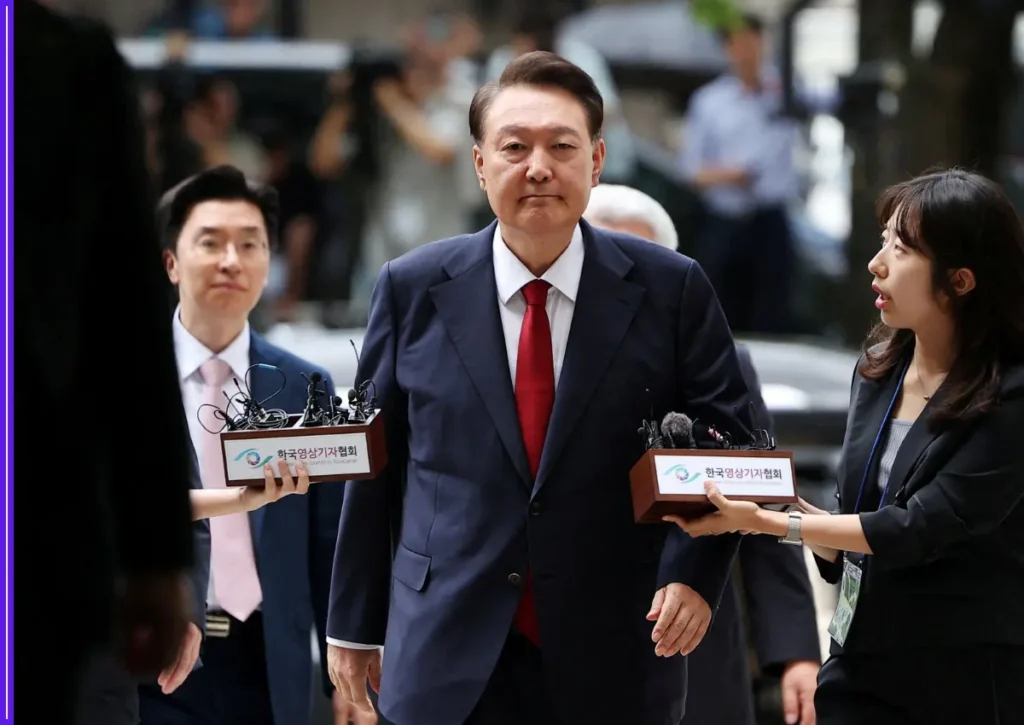Yoon Suk Yeol, South Korea’s former president, has been formally indicted on new criminal charges related to his controversial declaration of martial law in late 2024. The latest charges, announced by the special prosecutor’s office on July 18, add to an already historic and politically charged case that has deeply divided the country.

According to prosecutors, Yoon is accused of abusing his authority by bypassing legal procedures to declare martial law. Specifically, he allegedly convened only a select group of Cabinet members to approve the decision, rather than the full Cabinet as required under South Korean law. In addition, investigators say Yoon attempted to cover up the process by falsifying official records and later ordering their deletion.
These charges come on top of an earlier indictment for insurrection, making Yoon the first South Korean president in history to face such charges while in office. The insurrection charge stems from his deployment of military forces and riot police to prevent lawmakers from holding a parliamentary session aimed at revoking the martial law declaration. That confrontation triggered widespread protests, legal action, and ultimately his impeachment and removal from office.
The latest indictment also accuses Yoon of obstructing justice by interfering with the execution of arrest warrants related to the martial law incident. According to court documents, several aides were instructed to destroy digital communications and records connected to the decision-making process.
Yoon has repeatedly denied any wrongdoing, stating that the martial law declaration was a necessary response to what he called legislative sabotage by the opposition Democratic Party. In multiple public statements, he has claimed that his actions were taken to protect the constitution and restore public order.
The Constitutional Court ruled otherwise. On April 4, 2025, it upheld the National Assembly’s impeachment vote, concluding that Yoon had violated the constitution by misusing emergency powers. Following his removal, a snap presidential election was held, bringing opposition leader Lee Jae-myung to power.
The new administration quickly authorized an independent investigation into both the martial law decree and alleged financial misconduct involving Yoon’s family. The ongoing legal proceedings have led to mounting pressure on several former officials, including former military commanders and Cabinet ministers who participated in the martial law rollout.
Yoon now faces trial in the Seoul Central District Court and is being held in detention. His legal team has argued that the charges are politically motivated, but public opinion remains sharply divided. Some citizens view the indictment as a necessary act of accountability, while others believe it sets a dangerous precedent for prosecuting former heads of state.
Legal experts expect the trials to last several months, with potential sentencing extending into 2026. If convicted of insurrection, Yoon could face life in prison or even the death penalty, though South Korea has not carried out executions in more than two decades.
As the country watches closely, the Yoon case is likely to remain at the center of national debate—raising fundamental questions about executive power, the role of the military, and democratic oversight in one of Asia’s most stable democracies.









